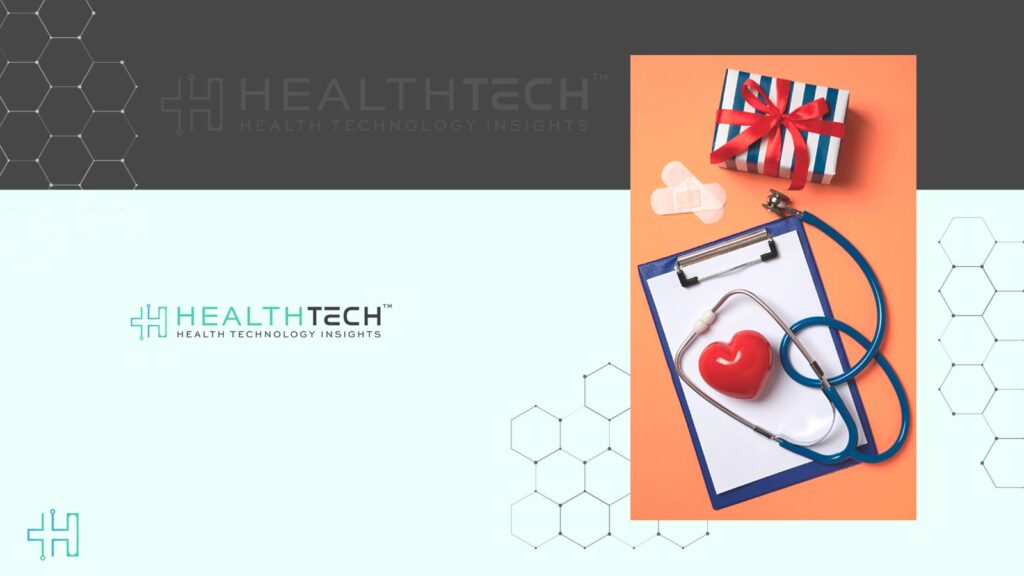Flatiron Health has unveiled a series of scientific advancements that are set to change how real-world evidence is used in cancer research. The company’s newest tools include large language model technology, which can collect real-world progression data on a huge scale, along with a strong framework for ensuring data quality and a way to bring together datasets from different countries. These innovations go beyond just describing what has happened by helping scientists understand the reasons behind treatment choices and predict how patients will respond more accurately. This shift from reacting to data to anticipating insights could open new paths in cancer research and improve how we model patient outcomes.
Health Technology Insights: NextGen Healthcare Completes CEO Transition Ahead of Annual User Group Meeting
Flatiron’s aim is to create the most complete oncology dataset in the world, currently covering over five million patient records and 1.5 billion data points. This collection will keep growing as the company builds more global partnerships and develops new technologies. For a long time, cancer research has struggled with the slow and manual process of gathering progression data, the lack of consistent quality, and the difficulty of combining healthcare information from different places. Flatiron’s new tools are fixing these issues, making it easier to ask new research questions and make predictions with more confidence.
Nathan Hubbard, Chief Executive Officer at Flatiron Health, talked about the real-world impact of these changes. He said the company is not just making small improvements but is changing how cancer research is done completely. Hubbard pointed out that their work helps life sciences partners prepare for future research questions with data-driven insights. He also mentioned that Flatiron is moving the industry from just describing what has occurred to predicting what will happen and understanding the impact on patients.
Health Technology Insights: John D’Angelo Named CEO of Northwell Health
A major breakthrough is Flatiron’s ability to collect progression data for patients with major solid tumors, a key measure in cancer care that has been hard to track at scale. Using advanced language models, the company can gather this information across different types of tumors, such as lung, breast, ovarian, and prostate cancers. This capability allows researchers to examine the effectiveness of treatments and patient outcomes in a more detailed way than ever before.
Flatiron also introduced the Validation of Accuracy for LLM/ML-Extracted Information and Data, or VALID Framework, which is the first full method for checking the quality of AI-extracted real-world data. This framework looks at important performance metrics, usability, and the ability to reproduce results, and compares AI results to those of expert human reviewers to meet strict standards for clinical and regulatory use. Additionally, Flatiron’s harmonized multinational datasets combine patient information from countries like the UK, Germany, and Japan. This integration is done securely through their Trusted Research Environment, which follows local data privacy rules while enabling cross-border analysis.
Michael Bierl, Vice President and Head of Evidence Solutions at Flatiron Health, explained that the company’s scientific progress is based on strong methodological roots. Their global team of oncologists, biostatisticians, epidemiologists, and regulatory experts work closely with partners through the entire research process to create reliable evidence that speeds up the development of cancer treatments worldwide. Flatiron stays committed to anticipating the needs of life sciences clients by creating solutions that tackle research questions before they come up. Upcoming oncology conferences will show how these innovations are already shaping the future of cancer care and research through a better understanding and prediction of patient outcomes.
Health Technology Insights: Cynosure Lutronic Redefines Skin Resurfacing with the Launch of the eCO2 3D Laser
To participate in our interviews, please write to our HealthTech Media Room at sudipto@intentamplify.com




